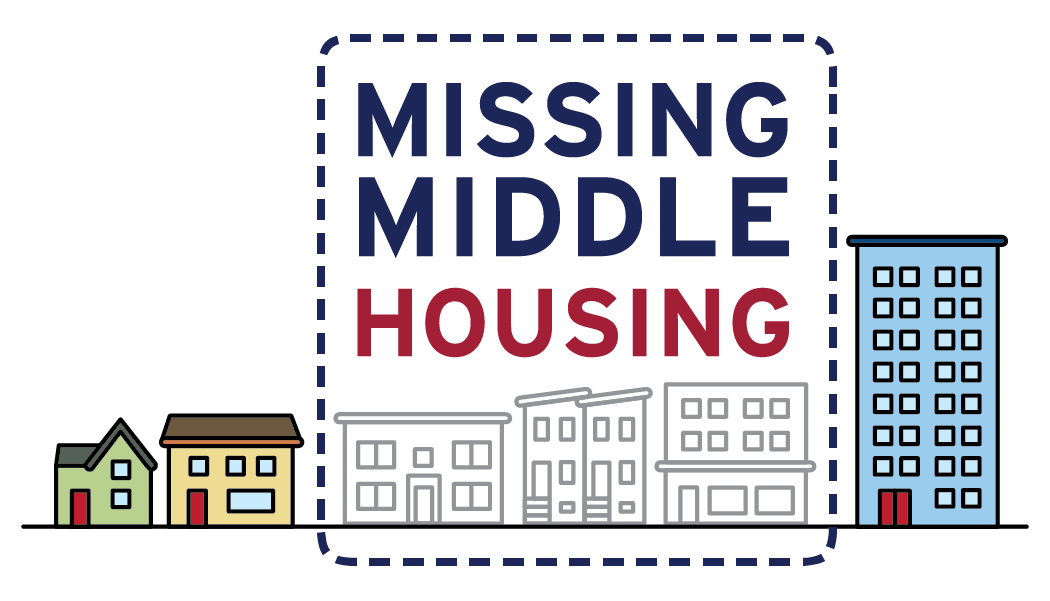Patricia Findikoglu, Retired APS Teacher
August 31, 2022
Katie Cristol, Arlington County Board Chair
Christian Dorsey, Board Vice Chair
Libby Garvey, Matt DeFerranti, Takis Karantonis, Board Members
2100 Clarendon Boulevard, #300
Arlington, VA 22201
Dear Arlington County Board.
Before WWII no one in my family owned any property. No one.
We were low-income Irish people, my whole extended family rented in Philadelphia.
When WWII broke out, all my uncles enlisted.
A year or two after the war every one of my uncles was a homeowner, every single one, all due to the GI Housing Bill.
It wasn’t until adulthood that I learned that most African American veterans were systematically shut out from the GI bill and the prosperity of the post war period. For example, in New York and the northern New Jersey suburbs, fewer than 100 of the 67,000 mortgages ensured by the GI bill supported home purchases by nonwhites, (Ira Katznelson)
Meanwhile my family’s generational wealth was getting started.
We left Philly, during a period of ‘white flight,’ and bought a bigger house across the Delaware River in Jersey. There were no Black families in this new development, not one Black child in our spanking new elementary school. This was intentional.
Fast forward to my young married life. After years abroad, my Turkish husband and I settled in Arlington. We had low-paying jobs but easily found an affordable rental in Buckingham. We wondered if we could participate in the American dream and purchase our own home. How fortunate for us that my parents had accumulated some wealth. They gave us money for a down payment. That home was in Glen Carlin, a neighborhood started as a summer haven for white families. It remained a white neighborhood.
At retirement when it was time to downsize, the sale of that Arlington house, that had increased in value tenfold, allowed me to purchase a condo along the pike. In not one of these neighborhoods have I ever felt unwelcome.
My white housing story is not unusual. It is easy for us to deny, forget, remain in the dark about how the system was designed to benefit us, but hurt others.
As many were building up generational wealth, Black families were encountering government sanctioned policies like redlining, restrictive covenants, and predatory lending. Although these practices are no longer legal, the damage has been done and the exclusionary zoning still in place perpetuates the segregated neighborhoods and segregated schools in large swaths of Arlington. Equally alarming, these past racist policies have hampered Black households from accumulating wealth. The average white family has 10 times the generational wealth of the average Black family. Today, it is rare for a family of color to be able to afford a house in an Arlington neighborhood zoned for single family homes. The system was rigged from the start; first with slavery, then Jim Crow Laws, and then 90 years of exclusionary zoning.
Missing Middle Housing opens up the possibility for real change.
The elimination of exclusionary zoning will help address serious issues plaguing our community…like the housing shortage, the lack of affordable rentals, and climate change, but in this letter, I’m thinking about systemic racism.
I’m remembering the writings of Ibrahim X Kendi. He claims that policy is rarely race neutral. A policy is either working toward racial equity and justice; or a policy is perpetuating inequalities and injustice. Exclusionary zoning was designed to exclude certain people, it succeeded. Kendi goes on to write: “The defining question for the individual in any given moment: Am I upholding the structure of racism through my actions or inactions; or am I challenging it?”
We stand in one of those ‘given moments.’
Let us not tinker around the edges and end up with a land policy that continues to support only the very wealthy; rather, let us move forward with the whole Missing Middle Housing Proposal. With a new hope, we can then take a step toward a more just world, a more just Arlington.
Thank you,
Patricia Findikoglu

